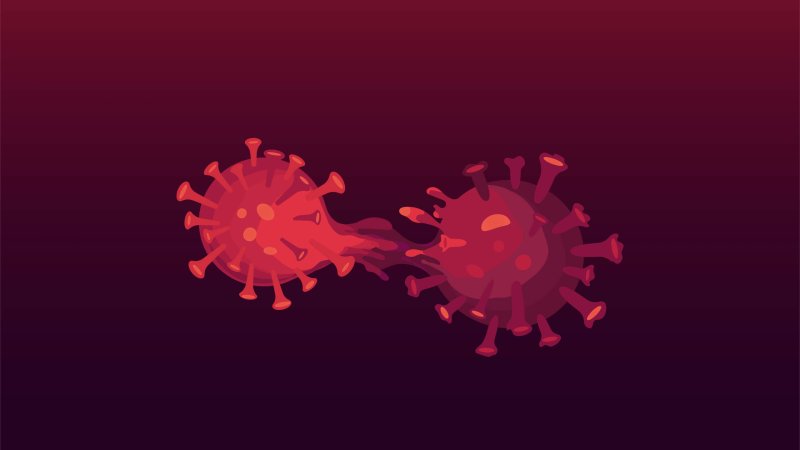Will the coronavirus, which has already killed more than 2 million people worldwide, eventually be eliminated by a global vaccination campaign, like smallpox? Will dangerous new variants evade vaccines? Or will the virus stick around for a long time, transforming into a mild annoyance, like the common cold?
Eventually, the virus known as SARS-CoV-2 will become yet “another animal in the zoo,” joining the many other infectious diseases that humanity has learned to live with, predicted Dr. T. Jacob John, who studies viruses and was at the helm of India’s efforts to tackle polio and HIV/AIDS.
The future of the coronavirus may contrast with other highly contagious diseases that have been largely beaten by vaccines that provide lifelong immunity — such as measles. The spread of measles drops off after many people have been vaccinated.
But the dynamic changes over time with new births, so outbreaks tend to come in cycles, explained Dr. Jayaprakash Muliyil, who studies epidemics and advises India on virus surveillance.
Unlike measles, kids infected with COVID-19 don’t always exhibit clear symptoms and could still transmit the disease to vulnerable adults. That means countries cannot let their guard down, he said.































